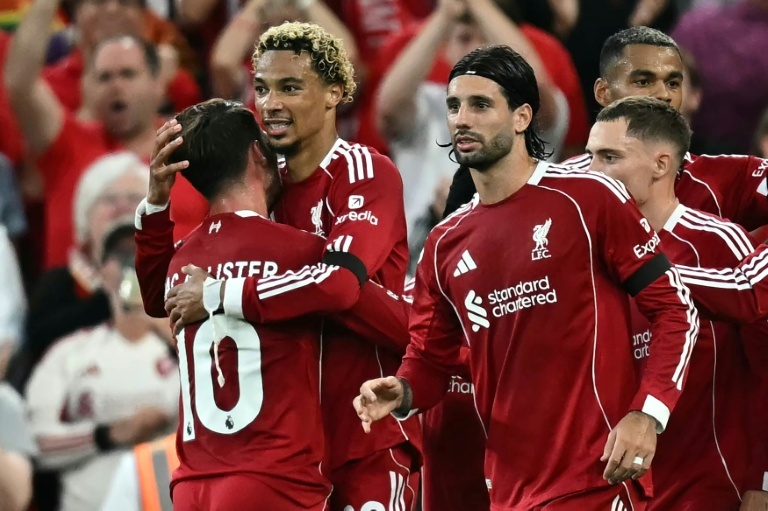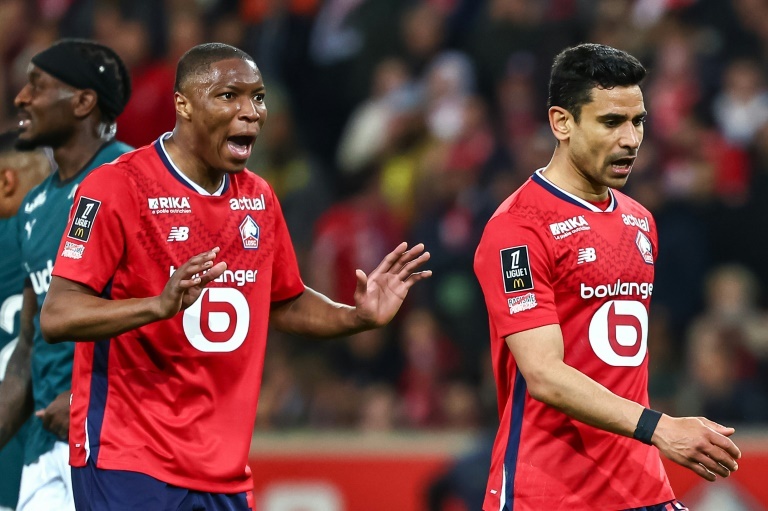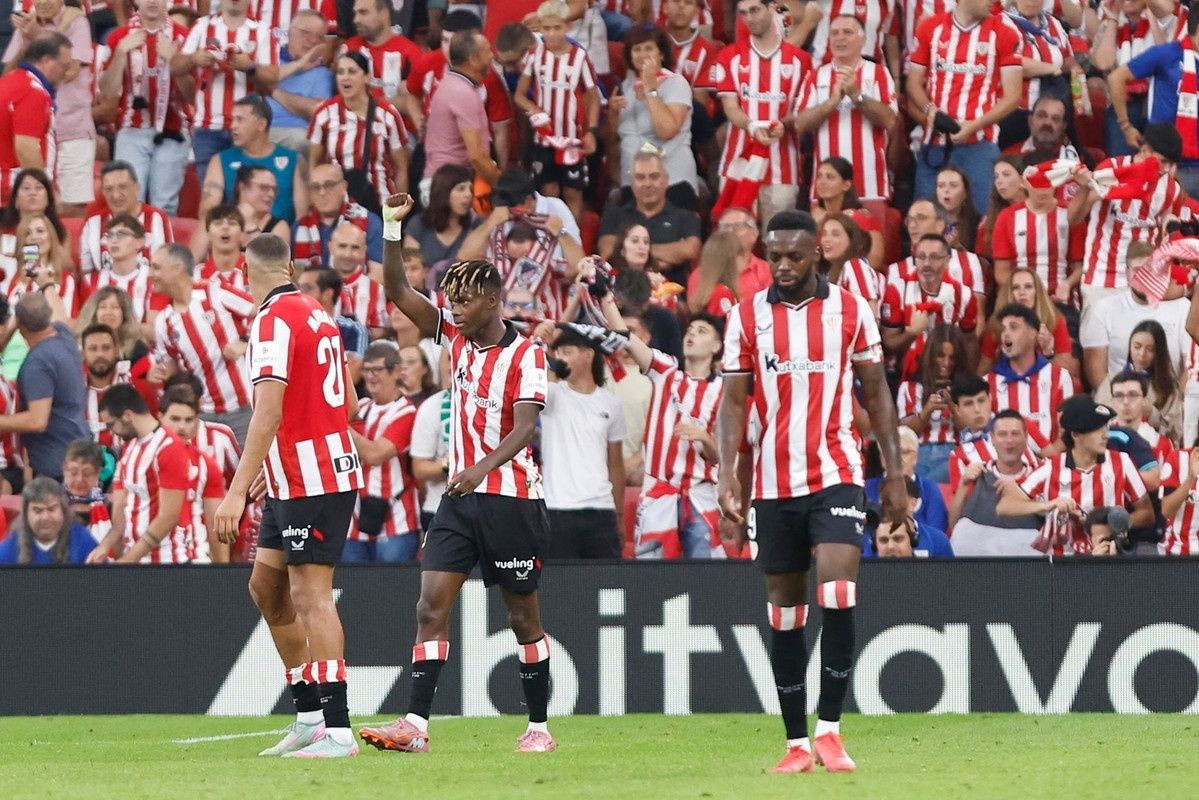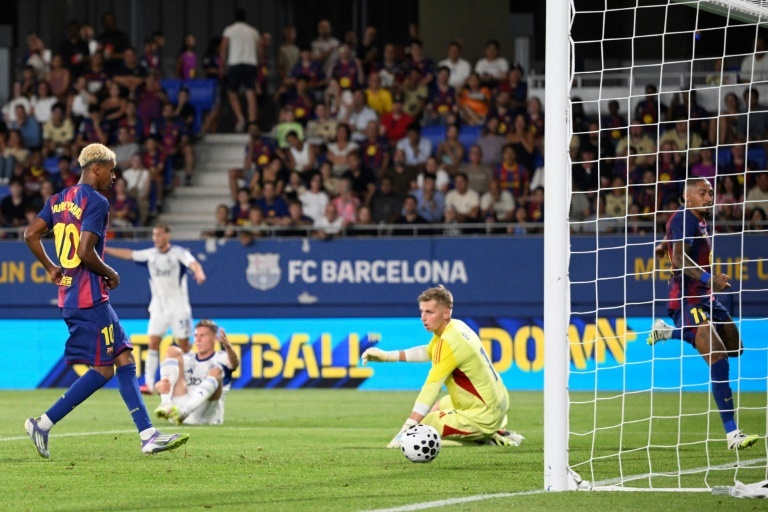New Champions League Format: Worse Than Before?

Next year’s Champions League format has rejigged the group stages like never before. The idea of creating more competitive matches seems to be more confusing than competition.
1 year ago
The UEFA Champions League 23/24 is underway and the ever famous “Ce sont les meilleures équipes…” The UEFA Champions League anthem is ringing across the stadiums, bars, and houses of Europe and worldwide. We have already witnessed some key clashes from the group stages like Bayern vs Manchester United, Newcastle vs AC Milan, and PSG vs AC Milan, to name a few.
The group stage matches have been a feast to savour but what’s to follow? What will be the future of group stage action? How will the Champions League shape up in the future? Let’s analyze this and see what’s in store for football fans and whether this changes for better or for worse.
The first highlight of the next season will be the addition of 4 more teams to the big stage. The 24/25 edition of Champions League will feature 36 teams instead of 32 and they will have the opportunity to fight for European glory.
These 36 teams will be participating in one giant league system where they will be ranked together. Every team will be competing against 8 other teams, 4 of the games will be played at home while the other 4 will be played away (remember, every game will be against a different opponent). Currently, the teams play 6 games in the group stages (3 home, 3 away), so the teams will be playing 2 additional matches in this new format.
The top 8 teams in the giant league table after the group stage matches will go directly into the Round of 16. However, the teams ranked 9th-24th in the table will head towards a playoff stage.
If you aren’t a member of the UEFA team or you have not followed Chess being played in the Swiss model, you will understandably need a double read of the above paragraphs to wrap your head around this new format. When I first read up on this new format, I screamed off the player’s fitness because of the additional matches in the midweeks, the International matches, and the evergoing domestic league games.
When this new format was put forward by UEFA, it felt like a reactionary response to the idea of the European Super League, but once it crashed it was thought that common sense might prevail and this new format would be scrapped off. However, to many people’s surprise, UEFA stood firm on their plans but with a few adjustments, like 8 group games for each team instead of 10.
The new Champions League format seems like a European Super League model, but thankfully, they did not go ahead with 2 slots being assigned based on historical performance; instead, they chose to give an extra slot to two top leagues with the best UEFA coefficient. Well, you all know where this one slot is going; no points for guessing - Premier League.
As mentioned before, the extra 2 games per team, along with the new playoff stage, will cause the competition matches to rise from 125 to 189. The seeding for the next year will have some changes as well; there will be 4 seeding pots as before, but the winners of domestic leagues will not automatically get the top-tier slot as this will be based on the UEFA coefficient system.
The Champions League’s new format has caused a dent in Sevilla. Can anyone guess why? Teams who fail to enter the knockout stages or are eliminated in the knockout stages will not get entry to the Europa League anymore. If this isn’t a problem for Sevilla, then what is? (Just kidding). One thing to note is that the Europa League and Conference Leagues will also adopt the new format starting from the next season.
If you ask UEFA what the logic behind this new format is, they will argue that this format creates an opportunity for big clashes at an earlier stage rather than waiting for the knockout stages. Furthermore, higher placement in the league table will lead to an easier path in the knockouts.
So does this put importance on every group stage match? I would like to say no. The reason for that is currently, only 50% of teams go to the knockouts after the group stage ends; in this new format, two-thirds of the teams will enter the knockout/playoff rounds. The seeding of the knockout draw and a direct entry to the round of 16 will bring some urgency, but top teams racking up goal difference does not transmit a new era of competition.
The idea of pot one teams clashing in the initial league stage matches might sound appealing to a casual viewer, but think about it: will the teams invest their energy in these games? They can easily finish inside the top 24 with, potentially winning only three or four games.
Aleksander Ceferin, the president of UEFA, is of the opinion that this new format will improve the balance of competition and bring additional solid revenue. More revenue? Sure. More matches, more high-profile matches, this statement definitely holds true.
There isn’t much thought given to player welfare at the moment by bringing these new formats, which feature more matches in a competition. This new Champions League format will stretch the group stages into January, and there is this announcement of FIFA’s 32-team Club World Cup that will take place in the Summer of 2025.
With these additional games, the effect will trickle down to international football and domestic competitions. Someone take the player’s health into contention here, please.
Now that all the explanations have been done, there are certain questions that need answers, and we can hope UEFA knows what they are doing. There is this fear going around who will question them if they go on to add more matches in the future. What if their idea of creating competitive matches is a flop because of a bad show from the lower-ranked teams?
Will they go back to European Super League ideas? Saudi Arabian teams joining the UEFA competitions are doing the talks, and although UEFA has closed the door on this for now, it won’t be a surprise if this becomes a reality, thus causing more confusing formats.
These are some questions, and I am sure there will be more. Since 2003/04, only 19 of the 160 teams from Pot 1 have failed to enter the knockouts, so there is room for improvement in the group stage excitement in the current format, but maybe the complete redesign was not the best way forward.
So, for now, we can sit back, relax, and enjoy this current season of the UEFA Champions League. Grab your Champions League tickets for the final match days of this group stage and cheer for your favorite teams making it to the round of 16. We can enjoy this Champions League that we know, cherish, and tolerate; call it uncompetitive if you want, but it is still the best going around.
The group stage matches have been a feast to savour but what’s to follow? What will be the future of group stage action? How will the Champions League shape up in the future? Let’s analyze this and see what’s in store for football fans and whether this changes for better or for worse.
The first highlight of the next season will be the addition of 4 more teams to the big stage. The 24/25 edition of Champions League will feature 36 teams instead of 32 and they will have the opportunity to fight for European glory.
These 36 teams will be participating in one giant league system where they will be ranked together. Every team will be competing against 8 other teams, 4 of the games will be played at home while the other 4 will be played away (remember, every game will be against a different opponent). Currently, the teams play 6 games in the group stages (3 home, 3 away), so the teams will be playing 2 additional matches in this new format.
The top 8 teams in the giant league table after the group stage matches will go directly into the Round of 16. However, the teams ranked 9th-24th in the table will head towards a playoff stage.
If you aren’t a member of the UEFA team or you have not followed Chess being played in the Swiss model, you will understandably need a double read of the above paragraphs to wrap your head around this new format. When I first read up on this new format, I screamed off the player’s fitness because of the additional matches in the midweeks, the International matches, and the evergoing domestic league games.
When this new format was put forward by UEFA, it felt like a reactionary response to the idea of the European Super League, but once it crashed it was thought that common sense might prevail and this new format would be scrapped off. However, to many people’s surprise, UEFA stood firm on their plans but with a few adjustments, like 8 group games for each team instead of 10.
The new Champions League format seems like a European Super League model, but thankfully, they did not go ahead with 2 slots being assigned based on historical performance; instead, they chose to give an extra slot to two top leagues with the best UEFA coefficient. Well, you all know where this one slot is going; no points for guessing - Premier League.
As mentioned before, the extra 2 games per team, along with the new playoff stage, will cause the competition matches to rise from 125 to 189. The seeding for the next year will have some changes as well; there will be 4 seeding pots as before, but the winners of domestic leagues will not automatically get the top-tier slot as this will be based on the UEFA coefficient system.
The Champions League’s new format has caused a dent in Sevilla. Can anyone guess why? Teams who fail to enter the knockout stages or are eliminated in the knockout stages will not get entry to the Europa League anymore. If this isn’t a problem for Sevilla, then what is? (Just kidding). One thing to note is that the Europa League and Conference Leagues will also adopt the new format starting from the next season.
If you ask UEFA what the logic behind this new format is, they will argue that this format creates an opportunity for big clashes at an earlier stage rather than waiting for the knockout stages. Furthermore, higher placement in the league table will lead to an easier path in the knockouts.
So does this put importance on every group stage match? I would like to say no. The reason for that is currently, only 50% of teams go to the knockouts after the group stage ends; in this new format, two-thirds of the teams will enter the knockout/playoff rounds. The seeding of the knockout draw and a direct entry to the round of 16 will bring some urgency, but top teams racking up goal difference does not transmit a new era of competition.
The idea of pot one teams clashing in the initial league stage matches might sound appealing to a casual viewer, but think about it: will the teams invest their energy in these games? They can easily finish inside the top 24 with, potentially winning only three or four games.
Aleksander Ceferin, the president of UEFA, is of the opinion that this new format will improve the balance of competition and bring additional solid revenue. More revenue? Sure. More matches, more high-profile matches, this statement definitely holds true.
There isn’t much thought given to player welfare at the moment by bringing these new formats, which feature more matches in a competition. This new Champions League format will stretch the group stages into January, and there is this announcement of FIFA’s 32-team Club World Cup that will take place in the Summer of 2025.
With these additional games, the effect will trickle down to international football and domestic competitions. Someone take the player’s health into contention here, please.
Now that all the explanations have been done, there are certain questions that need answers, and we can hope UEFA knows what they are doing. There is this fear going around who will question them if they go on to add more matches in the future. What if their idea of creating competitive matches is a flop because of a bad show from the lower-ranked teams?
Will they go back to European Super League ideas? Saudi Arabian teams joining the UEFA competitions are doing the talks, and although UEFA has closed the door on this for now, it won’t be a surprise if this becomes a reality, thus causing more confusing formats.
These are some questions, and I am sure there will be more. Since 2003/04, only 19 of the 160 teams from Pot 1 have failed to enter the knockouts, so there is room for improvement in the group stage excitement in the current format, but maybe the complete redesign was not the best way forward.
So, for now, we can sit back, relax, and enjoy this current season of the UEFA Champions League. Grab your Champions League tickets for the final match days of this group stage and cheer for your favorite teams making it to the round of 16. We can enjoy this Champions League that we know, cherish, and tolerate; call it uncompetitive if you want, but it is still the best going around.







Comments